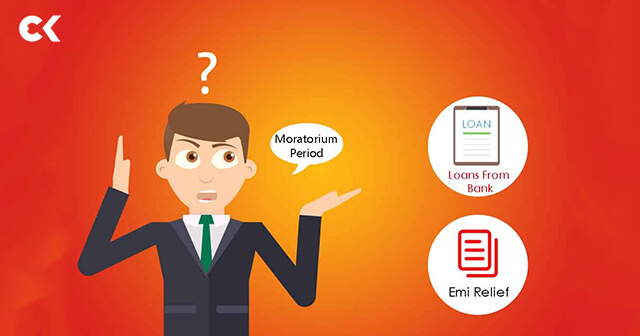
RBI Monetary Policy: 3 Month Moratorium
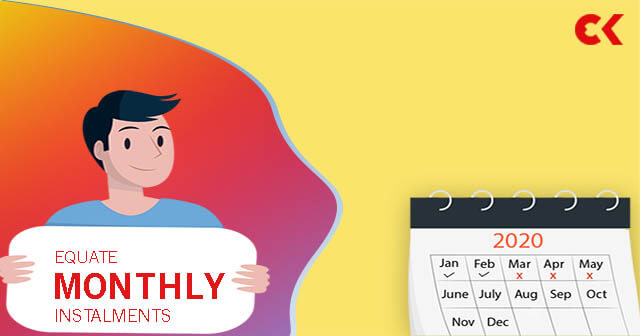
Posted by Creditkaro
The global pandemic Covid -19 has reached its peak around
the world and has brought everything to a halt. The prime minister announced a
21- day lockdown in India and ever since then our lives have seen a drastic
change. All of us are quarantined in our homes, each time we have to move out
of our house we have to gear up. So, wear
our masks and our gloves every time we go out to buy essentials. People with
symptoms are being taken to a quarantine facility; they are not allowed to meet
friends and family. Hence, all of this has become one big emotional turmoil for
all of us.
Amidst all of this, the only relief for the general public
is that the RBI has officially announced that all NBFCs and banks can allow 3
months moratorium period on repayments of term loan which are outstanding as on
March 1, 2020. This has come as a relief
to people who do not have a stable income right now. A lot of things will come
into effect with this decision, so we decided to break it down for you as
always! So, let’s discuss how this monetary policy will work, who will benefit
from it and how.

A 3-month moratorium period is basically an EMI holiday which basically means that your repayment cycle starts after a few months and you don’t have to pay anything till then. Banks generally offer a moratorium period of up to 1 year in case of home and education loans. A simple interest is charged during this period which is then added to the principal amount but in this case, RBI has made it clear that any interest or principal amount can be repaid after 3 months.
Tenure of the Moratorium
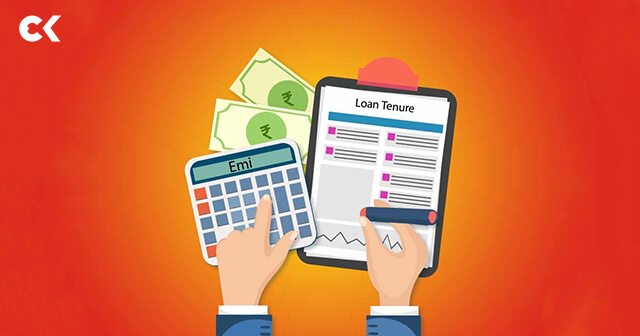
The reserve bank of India has notified the banks and NBFCs
to allow 3 months EMI holiday with effect from 1st March 2020 till 31st May
2020. Since the lockdown took place at a later stage, technically the
moratorium period is valid for April and May only. It is also important to note
that in case of a moratorium, simple interest is levied on the principal amount
and must be paid with the same.
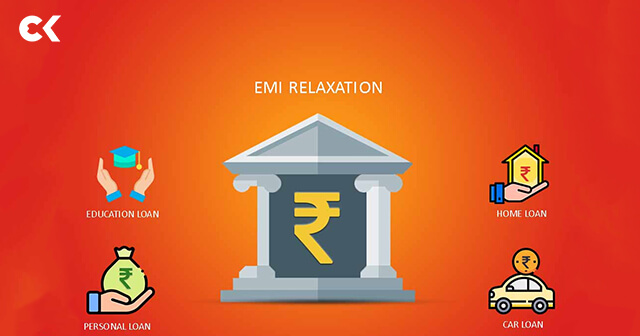
As notified by the RBI, all commercial, co-operative banks,
NBFCs, and other financial institutions have been given permission to allow a 3-month
EMI holiday for their customers. The RBI has officially stated that the
moratorium period is applicable on all term loans which are outstanding as on
March 1st, 2020. Term loans include those loans which have fixed repayment
tenure like, personal loans, educational loans, home loans, automobile loans,
agricultural loans, and consumer durable loans. According to the RBI, all
credit card dues and loans against credit card limit obtained before or on 1st
march can also be repaid after the moratorium period is over, however, any loan
or credit obtained after 1st march is not covered under this policy.
Impact on your credit score
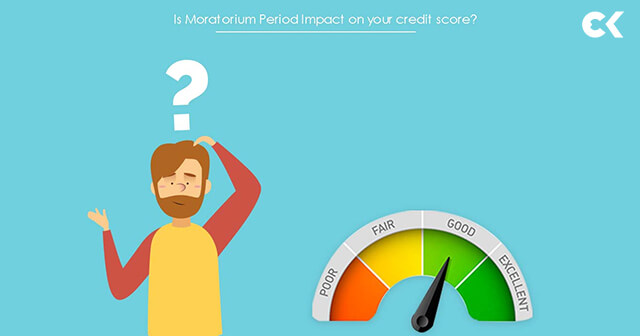
Getting a moratorium period sounds like a relief, but will
it have an impact on your credit score? The answer to that is a ‘No’. You don’t
have to worry about your credit score at all because the RBI has clearly
mentioned that the n
on-payment of any loan or credit during this 3-month
moratorium will not be counted as a default and will have no impact on the
credit history of the borrower. So, go ahead check your credit score online you
are sorted. To check, click here
<a class="btn btn-info" href="https://www.creditkaro.com/credit-score">Check Free Credit Score</a>
Read Also: - FACTORS THAT CAN BOOST YOUR CREDIT SCORE!
It is important to understand that the 3-month moratorium
period is just a temporary relaxation, all the terms and conditions of term
loans will remain the same and the policy has just delayed the repayment for 3
months. A simple interest will still be levied on your loans and you will have
to pay it additionally.
We strongly recommend that you use this time to plan your
finances so that once this holiday ends you are back on track. An additional
burden can often lead to missed payments which then eventually becomes a bigger
burden. So, use this time to save more money and be prepared to pay the EMIs
when this holiday ends and until then you can relax and spend time with your
loved ones.
Stay home, stay safe!
Category
Recent Post
Archive